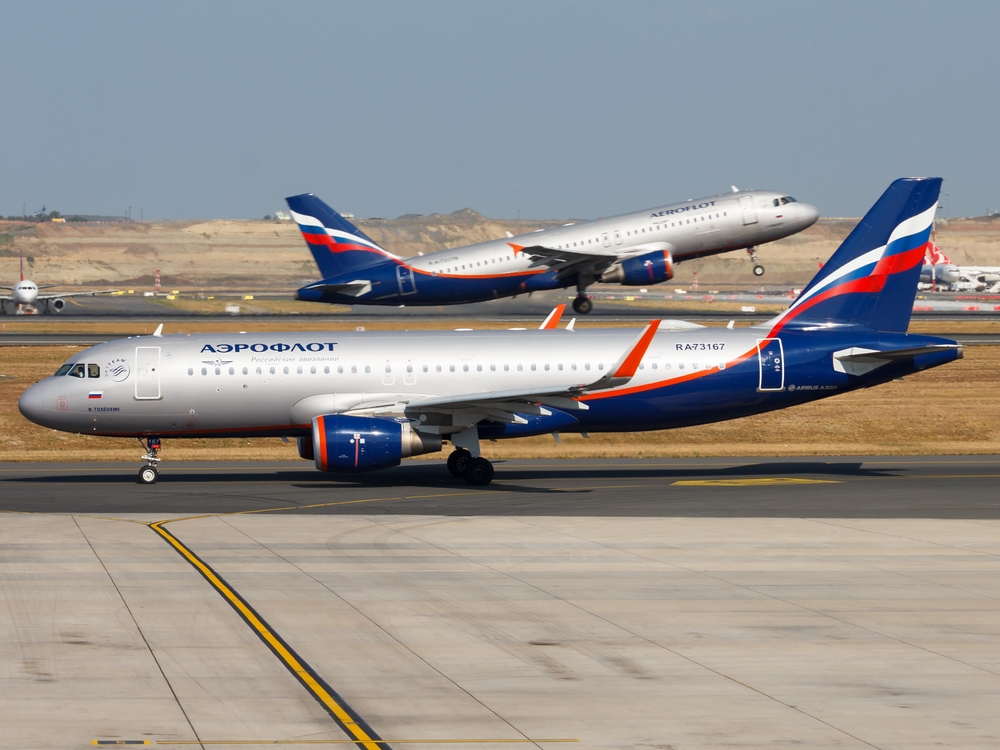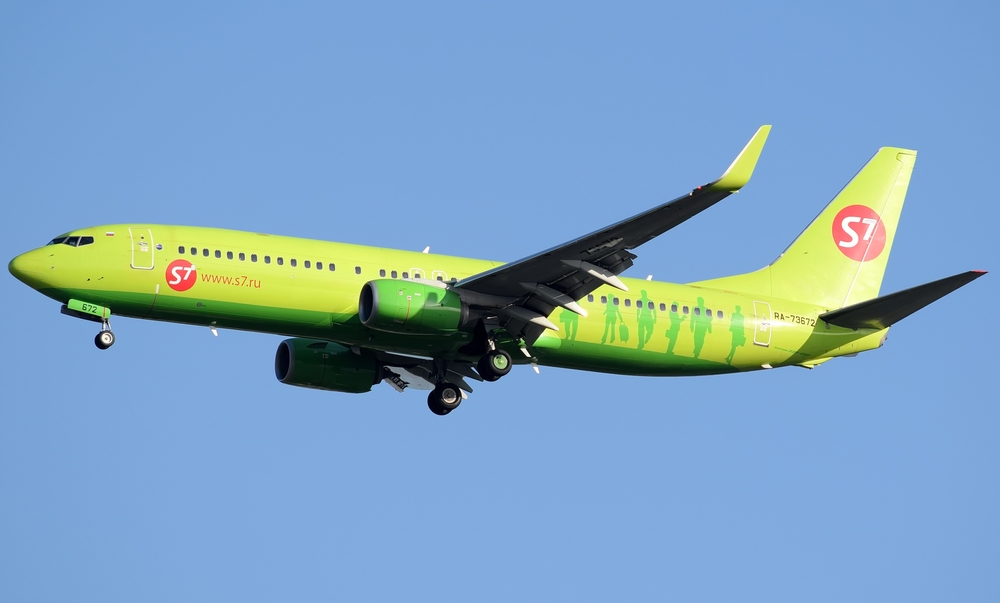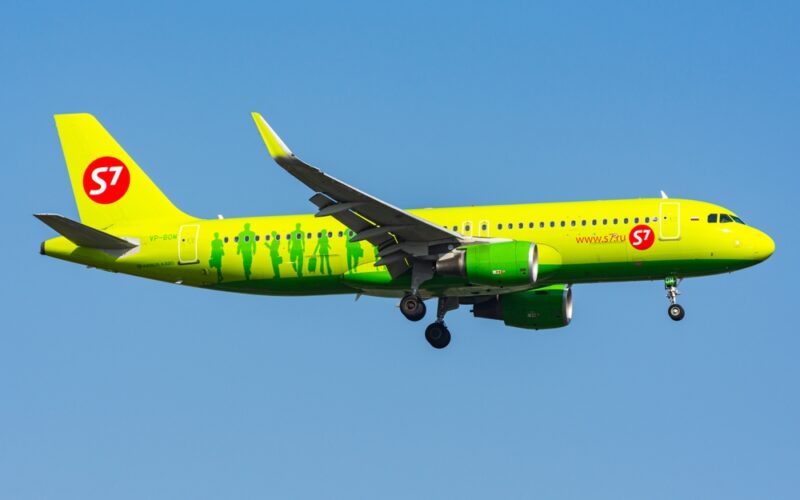Western sanctions imposed on the Russian aviation industry since its invasion of Ukraine in 2022 have hit hard. Not only are new Western-built aircraft no longer available to be acquired by Russian carriers, but spare parts for those already flying with these airlines are increasingly hard to come by.
Despite this, the aviation industry in Russia is trying to find ways around the restrictions. The aircraft manufacturing industry within the country has been ramping up production over the last two years to meet the requirements of Russian-based airlines which are still seeing rising demand for their services, both domestically as well as to certain overseas destinations such as Dubai.
Now, one aircraft maintenance and repair organization (MRO), S7 Technics is reported to have developed in-house knowledge and expertise to offer Russian carriers overhaul services on leading Western-built jet engines so that the life of Boeing and Airbus aircraft still flying in Russia can be prolonged.
According to the Russian-language newspaper Kommersant, S7 Technics has mastered a complex type of overhaul of CFM56 engines installed on both Airbus A320 and Boeing 737 family aircraft to win new business from domestic airlines. While the convention was previously to simply replace the engines that required overhaul with others from the aftermarket, as this avenue is no longer available, S7 Technics is now offering CFM56 full overhaul services.

According to Kommersant, there are about 800 CFM56 engines currently in Russia, the largest operator of the powerplant being the Aeroflot group.
S7 Technics (part of the S7 Group) is reported to have developed the expertise required to carry out “even the most complex” types of overhauls of CFM56-5B and 7B aero engines used on 737s and A320s and is now actively marketing its services in the Russian airline marketplace.
While various types of repairs have historically been carried out by MROs within the Russian Federation, the most complex work associated with the restoration of the hot core sections of engines has, up until recently, remained an issue. However, according to Kommersant, S7 is now offering maintenance services for the complete overhaul of low-pressure turbine (LPT) modules, low-pressure compressor (LPC) modules, as well as the hot core section of the powerplant.
S7 Technics confirmed to Kommersant that it began repairing the hot core sections of CFM56-5B and 7B engines in October 2022 and has so far completed 12 overhauls in the S7 Technics workshop in Moscow.
“The aircraft are successfully operated in the fleet of Russian airlines,” said an S7 Technics spokesperson. “Since 2015, [S7 Technics] has been engaged in local repairs of the CFM-56 – disassembling the engine to eliminate the defect, followed by assembly and replacement of compressor blades, turbines, and combustion chambers. In total, more than 300 repairs were carried out in Domodedovo (Moscow) and Minvody.”
The S7 Technics spokesperson goes on to state: “In the future, S7 Technics is considering creating a facility for testing these engines after major overhauls.”
S7 Technics develops knowhow
According to sources speaking with Kommersant, S7 Technics has developed the know-how to carry out full-engine overhauls due to the demand for such vital services within Russia. According to the sources, the duration of a simple C-check has grown from three to four months to more than eight months, and the most complex D-check, which previously lasted less than a year, can now take up to a year and a half.
Additionally, the costs of an overhaul of LPT and LPC CFM56 engines in Russia will now be comparable to prices abroad “and lower than the purchase price” of a used engine. According to the source, the CFM56 is known for offering a long service life. The typical flight time, depending on operating conditions, is 40,000 to 60,000 flight hours, or 10,000 to 20,000 thousand takeoff and landing cycles without removal from the wing – approximately eight to 12 years.

According to the source, the A320 and 737 families still form the basis of the narrowbody fleet of the Russian Federation. Therefore, there are potentially several carriers that might benefit from this work. However, when questioned about S7 Technics’ capabilities to carry out work on CFM56 engines, both Aeroflot and Ural Airlines did not provide comment to Kommersant reporters.
S7 Technics had for many years been licensed to and engaged in the overhaul of Honeywell auxiliary power units (APUs) used on Airbus A320s and Boeing 737s. According to data provided by the Russian Federal Air Transport Agency, in 2024, S7 Technics also received permission to overhaul the Honeywell-made APUs used in the Russian-built Sukhoi SSJ 100 ‘SuperJet’.
While the S7 Technics overhaul of the CFM56 engines is not certified by the manufacturers themselves, the Russian authorities appear to have provided their own certification for this work to be carried out by the organization.

